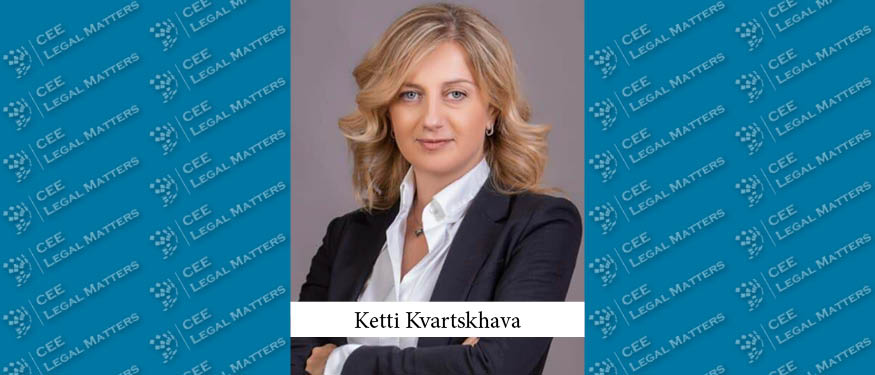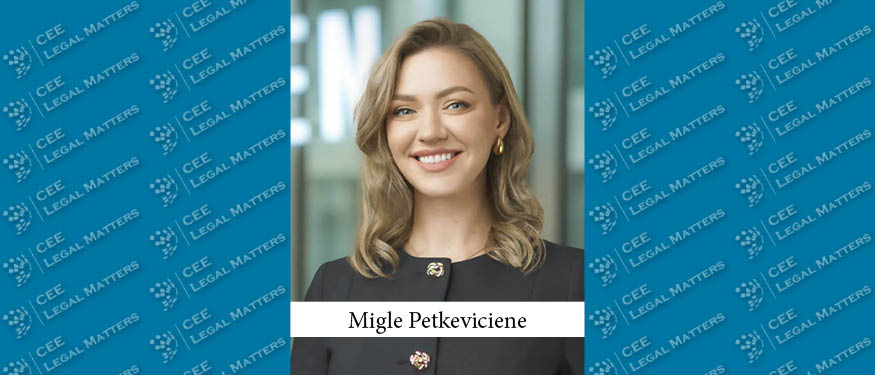“There haven’t been any large shifts in the legal landscape recently if we’re talking about legal offices, teams moving, exits, and so forth,” says Schoenherr Partner Miriam Simsa. “The general situation seems to be that established players have things pretty much in control and that there is not a lot of room for new entries. Yet it is fair to say that the spin-offs have been increasing their market share over the last few years.”
However, she says, that predictability is not mirrored in the political landscape. “First, presidential elections are coming soon,” Simsa says. “Then next year we have the EU presidency seat moving to Croatia, starting in January, and of course the upcoming general elections that are due late in 2020.” She believes this is unlikely to impact business in an adverse fashion. “We really don’t expect any controversies to happen, in terms of business and investments. Even though there’s going to be a lot of voting next year, we expect things to continue running smoothly.”
And indeed, the Croatian economy seems to be in good condition, especially when compared to the rest of the region, Simsa says with a smile. “The most active business sector in Croatia is always tourism, and there are a lot of investments that are expected to happen in the coming years, but that’s not the most exciting thing,” she says. “Croatia has propped up a VC fund with the purpose of investing specifically in domestic startups and scale-ups. It has a Slovenian manager – Fil Rouge Capital – and rumor has it that it will manage a EUR 42 million portfolio with an aim to invest it all by 2023.”
Still, Simsa says of the economy that “not all is fine and dandy,” and she says there is a lot of pressure on the country’s labor market. “Historically speaking there is a clear brain-drain from Croatia and the rest of the Balkans, but now, with the Austrian labor market set to open up to Croats in mid-2020, it looks like even more workers might migrate.”
Finally, Simsa says, Croatia’s new Enforcement Act, expected to enter into force in 2020, is a frequent subject of controversy. “Even though it is questionable how it will work in practice – seeing as how it is generally set to be a much easier procedure – from an economic standpoint it makes a lot of sense,” she says. Thus, although not all lawyers are excited about the prospect of the changes, outside investors are likely to welcome the new law with open arms. “If enforcement is difficult then businessmen are going to be reluctant to enforce collateral, which could lead to them being reluctant to invest, seeing as how it directly impacts their general confidence in the business atmosphere," she concludes. "Now, with the new act, it is reasonable to assume that enforcements will become easier and faster, which will strengthen trust and spur investments."














